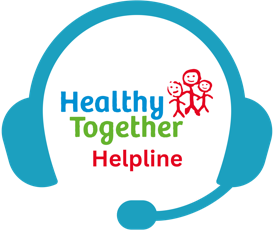Food allergies in particular are common in children. Some of these, such as allergies to milk and eggs, generally go away as a child gets older, while others are lifelong.
What’s the difference between an allergy, a sensitivity or an intolerance?
An allergy is when the body physically reacts to a substance it thinks may be harmful. It’s your body’s way of warning you to take action. The reaction will usually happen immediately. It may start off mildly, for example with some itching or redness to skin, but will increase the more the body is exposed to the substance it doesn’t like (the ‘allergen’). Other types of allergies can take longer to develop, for example experiencing some tummy upset hours after drinking cows’ milk. Allergies can be severe, leading to a need for urgent medical attention.
Health professionals will say you have a sensitivity if you experience an exaggeration of the normal effects of a particular substance. For example, most people drinking a caffeinated drink will just feel more alert, while others may start to experience more extreme symptoms such as heart palpitations (the heart beating very fast) and trembling.
A food intolerance is where you experience some unpleasant symptoms after eating a particular food – for example localised symptoms, including tingling mouth and/or lips, bloating or diarrhoea, but your immune system isn’t activated to respond. People with an intolerance to certain foods can typically eat a small amount of the food without problems. An example is lactose intolerance.
How are food allergies diagnosed?
Diagnosing an allergy usually involves taking a detailed clinical history alongside a food exclusion diet, and/or a food challenge and food re-introduction programme. Sometimes there will also be a diagnostic test.
It’s important to get a food allergy properly diagnosed by a medical professional, as restricting your diet can be harmful. You also risk ongoing symptoms with more possible reactions.
If you think your child may have a food allergy, seek advice straightaway from an appropriately qualified health professional such as a GP, paediatrician, health visitor or dietitian.
Help for people diagnosed with allergies
Depending on the nature of your child’s allergy, they may be referred to hospital to see the specialist allergy team, gastroenterology team, dermatology team or a paediatric dietitian. If your child has one or two food allergies and they don’t need a prescription for an adrenalin auto injector (often known as an ‘epi pen‘), then their allergy will often be managed locally without the need to go to a specialist clinic.



